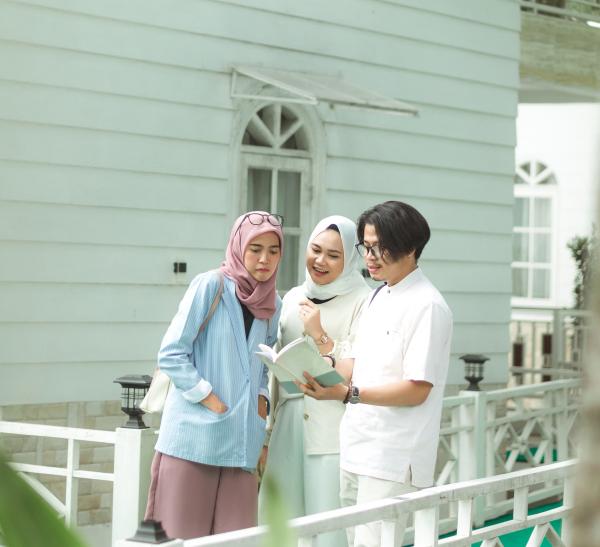As a budding “creative,” I have long been influenced by the phrase, steal like an artist – to borrow someone else’s work and make it my own in translation. I’ve long known I am in good company as it is believed that Picasso was the first to say, “good artists borrow, great artists steal.” But then I found this from one of our Nobel Laureates
“Consider a song like “A Hard Rain’s A-Gonna Fall.” To write it, Dylan repurposed the familiar Old English ballad “Lord Randal,” retaining the call-and-response framework. In the original, a worried mother asks, “O where ha’ you been, Lord Randal, my son? / And where ha’ you been, my handsome young man?” and her son tells of being poisoned by his true love.
In Dylan’s version, the nominal son responds to the same questions with a brilliant mixture of public and private experiences….”
From the Conversation, How Bob Dylan used the ancient practice of ‘imitatio’ to craft some of the most original songs of his time
Just as much of our electronics come from China, many of our generic drugs and chemical precursors come from India. India's complex bureaucracy makes the one in the US appear streamlined. Can we trust India to police an industry that it wants to grow?
“The relationship between the Indian pharma industry, regulators, and prosecutors is a telling example of regulatory capture — when regulatory agencies have come to be dominated by the industries or interests they are charged with regulating. When the system refuses to enforce the law, and the message to the industry and regulators is “Let’s not prosecute these kinds of cases,” that sends a signal that the regulator is more interested in the growth of the pharma industry than in protecting public health.”
Let’s take a moment to talk about regulating drugs at their source, India. From Stat, India’s lax oversight of pharmaceutical manufacturing imperils health around the world
Tipping, that gratuity for good service has morphed onto screens for everything from a traditional restaurant check to a t-shirt or bag of chips. What up with that?
“I’ve begun to think that modern tipping’s awkwardness comes less from our desire to compensate for service and much more from the fact that the practice sits at the center of a very complicated cultural, socioeconomic, and political Venn diagram.”
From The Atlantic, Tipping Is Weird Now
“What is sold as truffle flavor is 2,4-dithiapentane, an organosulfur compound that is naturally found in truffles, and though it is practically impossible to extract it from truffles, it can be extracted from oil.
Liters of this petroleum-derived product, the colorless 2,4-dithiapentane liquid, are sourced for a few euros from Italy, Germany, or China, and then they end on your plates and refrigerators, in pasta, tartufata, oils, cheeses, and sausages, but also in expensive delicacies with a prostituted label ‘truffles.’”
Yes, the gourmet extravagance is more often a chemical flavor than the real thing. From the blog of Matt Babich, TasteAtlas, The truffle industry is a big scam. Not just truffle oil, everything




